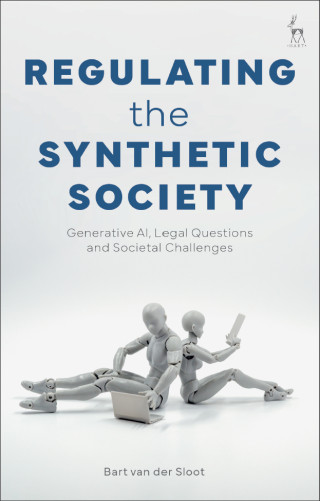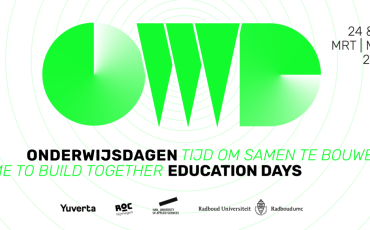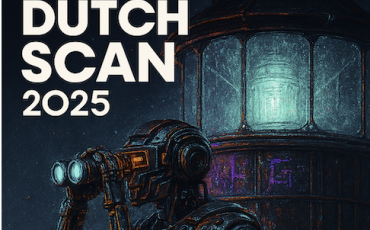Ed Boschman
Altijd gefascineerd geweest door techniek. In een vorige leven als… Meer over Ed Boschman
In het kader van de podcast-serie TAISIG Talks van Tilburg University was Bart van der Sloot te gast in onze studio voor de opname van de aflevering naar aanleiding van het uitkomen van zijn boek "Regulating the Synthetic Society".
De Tilburg University TAISIG podcast met Bart van der Sloot
Beschrijving van aflevering
In less than an hour, Bart van der Sloot discusses some of the most important moral, societal and legal questions triggered by Generative Artificial Intelligence. Fake news and the influence on elections; Artificial General Intelligence and robots potentially becoming sentient; the privatisation of the truth; liability for Al generated or induced errors; sex robots and bringing back to life deceased partners. All these topics are covered, and more. His book Regulating the Synthetic Society is available open access.
Be smart: get it, read it, spread it!
Bericht van Bart met (gratis) link naar boek (pdf):
Dear colleague,
Today, my latest book on the regulation of Generative Artificial Intelligence has been published. Regulating the Synthetic Society is available open access, and can also be obtained as paperback. It is endorsed by leading experts: ‘A captivating read’ Judge Maja Brkan, General Court of the European Union. ‘Not to be missed’ Professor Luciano Floridi, Yale University.
Experts predict that in five years’ time, more than 90 per cent of all digital content will be wholly or partially AI generated. In such a synthetic society, it may no longer be possible to establish what is real and what is not. Although they are only in their relative infancy, these technologies can already produce content that is indistinguishable from authentic material. The impact of this new reality on democracy, the judicial system, the functioning of the press, as well as on personal relationships, may well be unprecedented. This book maps the inner workings of ‘synthetic technologies’ such as Chat GPT, deepfakes and augmented and virtual reality as well as their uses in the fields of education, health and entertainment. It conceptualises their utilisation for fraud, exploitation and identity-theft and explores their deeper effects on the post-truth society, the privatisation of the public sphere, and the loss of individual autonomy and societal trust. The book discusses in particular how the European regulatory framework tackles the pitfalls of Generative AI and which changes to the legal regime are necessary to protect democracy and the rule of law.
If you want to help me, please forward either the pdf or the link to the book to anyone who might be interested. I hope the book will not only be read by academics and regulators, but also used for educational purposes and picked up by the general public. The book is written in an accessible style, while not compromising on the substance. If you have any questions or remarks, please contact me!
Associate professor
Tilburg Institute for Law, Technology, and Society (TILT)
Tilburg University, Netherlands

Altijd gefascineerd geweest door techniek. In een vorige leven als… Meer over Ed Boschman


0 Praat mee